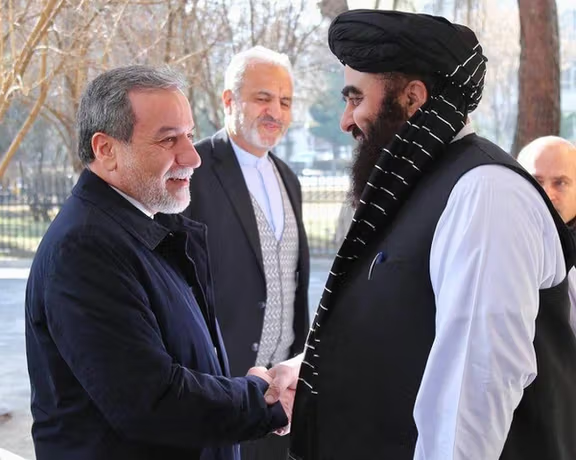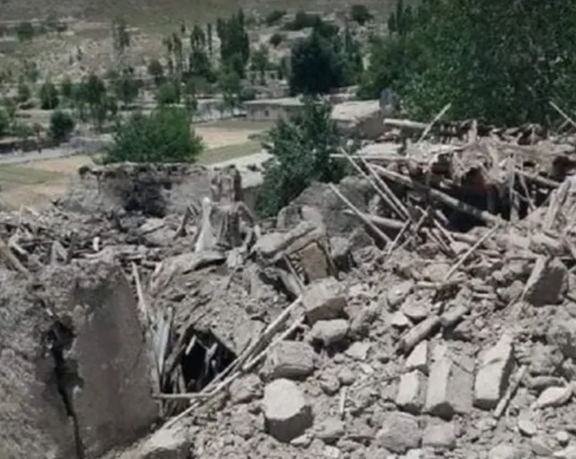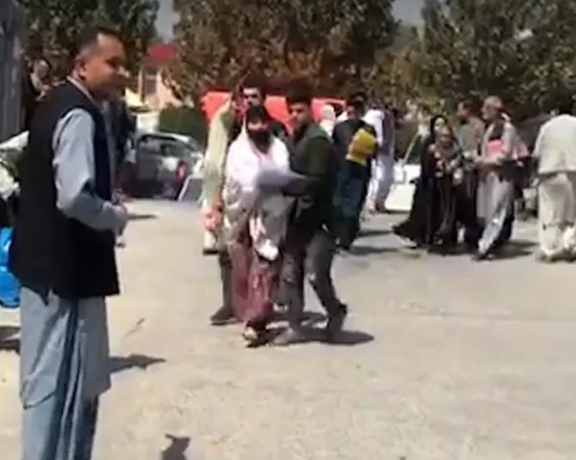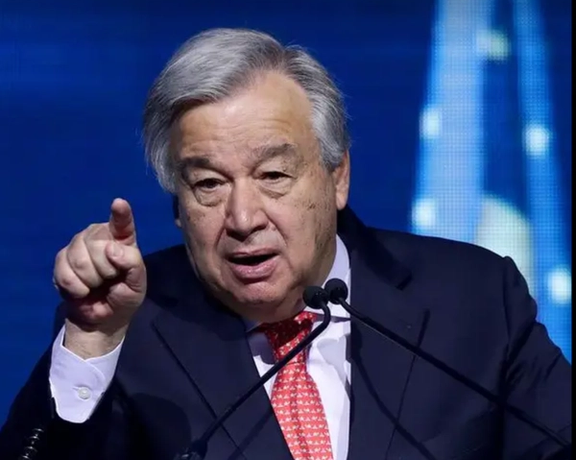A higher death toll is expected, with various media outlet reports saying that between eight and 10 people had been killed, while some security sources have stated that more than 20 people have been killed and wounded in the blast.
Earlier, Russian state-owned news agency RIA reported that a diplomat and an embassy security guard had been wounded in the bombing which occurred near Darulaman Road in western Kabul.
RIA said the explosion went off when a Russian diplomat came out to people waiting outside to call out the names of candidates for visas.
According to a statement by the Russian Foreign Ministry, the explosion occurred 'in the immediate vicinity of the entrance to the consular section of the Russian Embassy' in the Afghan capital.
“An unknown militant set off an explosive device,” the ministry said. “As a result of the attack, two members of the diplomatic mission were killed, and there are also victims among Afghan citizens.”
Khalid Zadran, Taliban’s spokesperson for the Kabul police, said at least one civilian was killed and that 10 others were wounded. Zadran said an investigation was underway, and that the area was blocked off by police.
Taliban officials had earlier said that a suicide bomber had detonated explosives near the entrance of the Russian Embassy in Kabul, adding that the attacker was shot dead by armed guards as he approached the gate.
There was no immediate claim of responsibility for the explosion.
Several residents of Kabul's district 6 told Afghanistan International that around 10:50 am, a strong blast wave jolted their homes.






